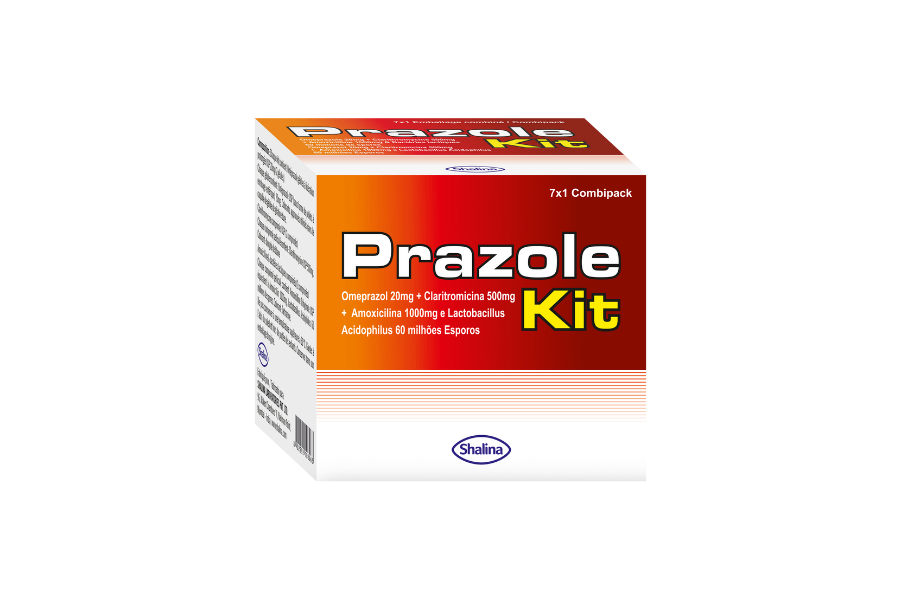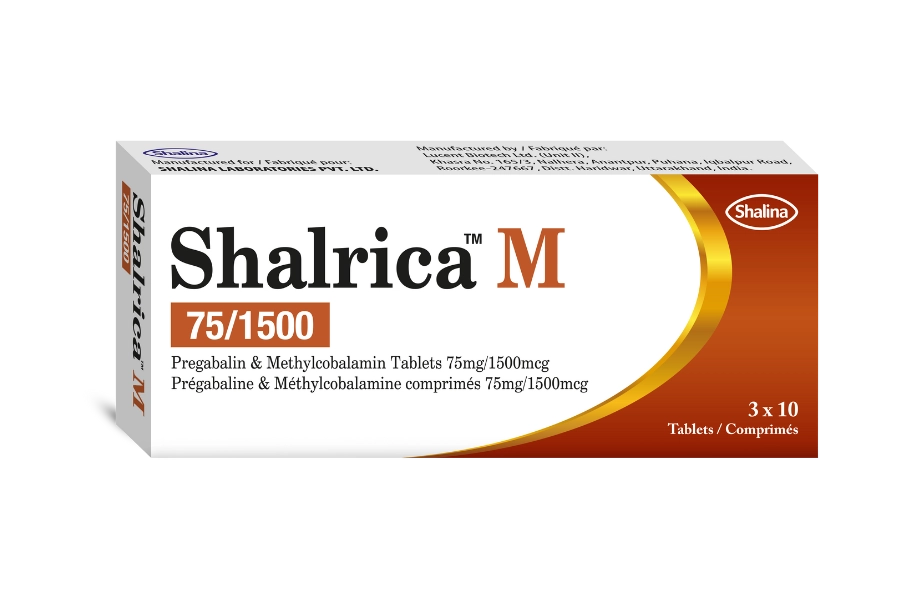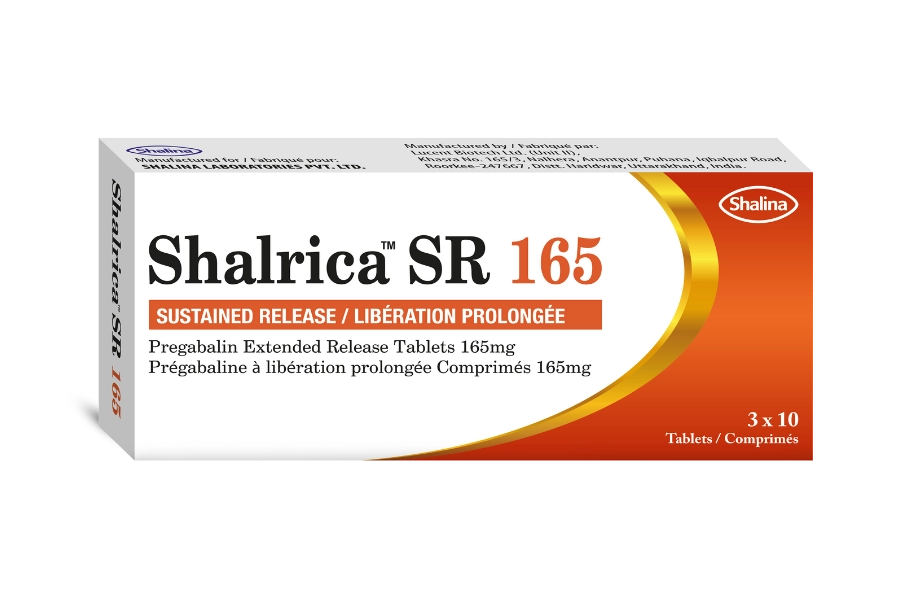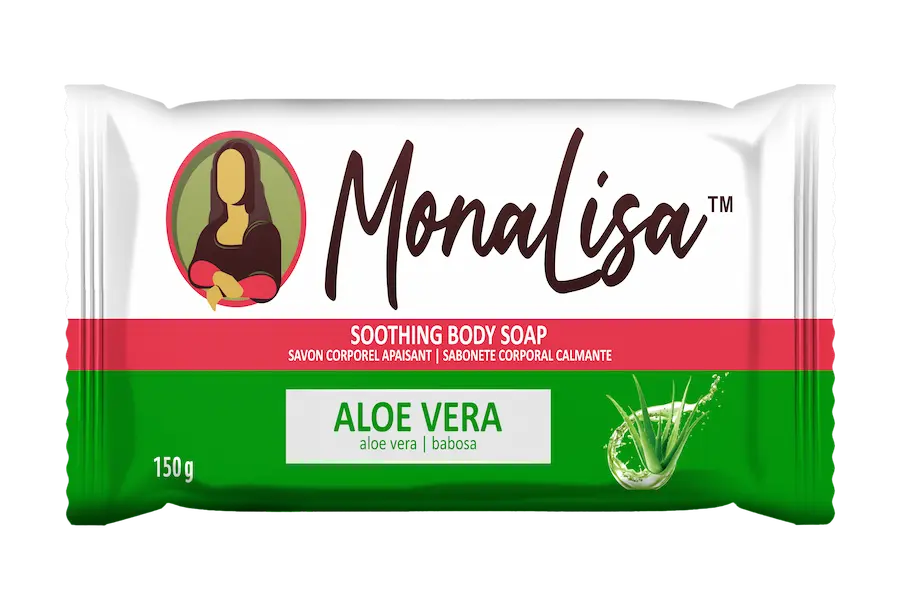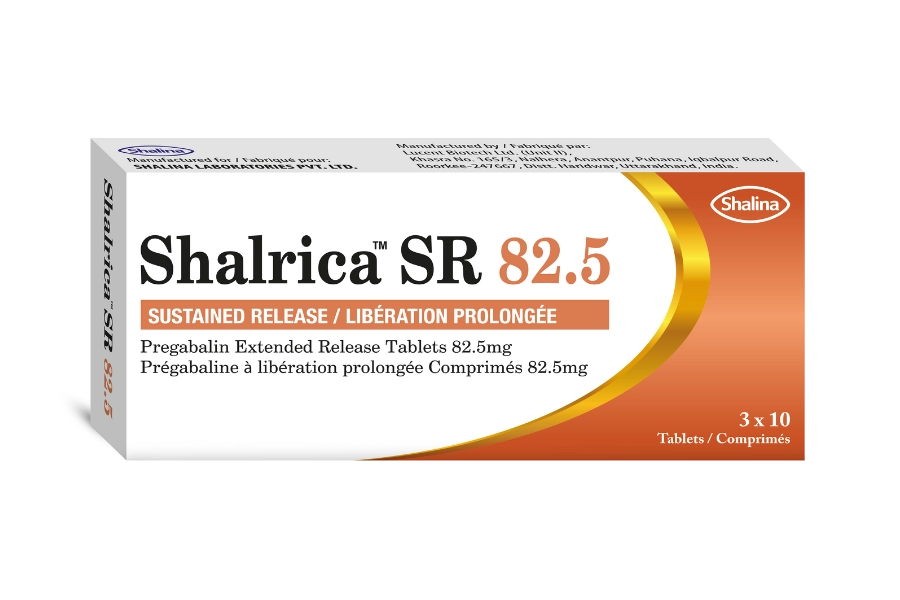If your baby cries more than usual, spits up a lot, or seems uncomfortable after feeding, you might be wondering: Could it be the formula? You’re not alone. Many moms go through the same worry, especially when their little one seems unsettled no matter what they try. In many African homes, people might say a baby has “wind” or is reacting to something spiritual. But sometimes, it could just be a reaction to the formula. Let’s talk about how to spot a possible allergy and what you can do about it.
What Is a Formula Allergy?
Most baby formulas are made from cow’s milk. Some babies react to the protein in cow’s milk because their immune system sees it as something harmful. This can cause problems in the tummy, skin, or even breathing.
Signs to Look For:
- Skin reactions – dry, itchy skin, or red rashes (especially on the face and neck).
- Tummy issues – vomiting after feeding, constant diarrhoea, or mucus and blood in the poo.
- Crying during feeds – your baby might arch their back or seem in pain while eating.
- Gas and bloating – a hard belly, lots of wind, or pulling legs up due to cramps.
- Poor weight gain – not growing as expected despite regular feeding.
When to Worry:
If you notice two or more of these signs happening often after formula feeding, it’s worth speaking to your local clinic or paediatrician. Some babies may need a hypoallergenic or soy-based formula.
Helpful Tips:
- Keep a notebook or phone notes of when symptoms happen and what formula was used.
- Don’t keep switching formulas without guidance. It’s easy to get confused and make things worse.
- Be patient. Many babies outgrow these sensitivities as they grow stronger.
Closing Line:
Mama, you know your baby best. If something feels off, it’s always okay to ask for help. With the right advice and a little patience, you’ll find what works for your little one.
References
https://www.mayoclinic.org/diseases-conditions/milk-allergy/symptoms-causes/syc-20375101
https://www.nhs.uk/conditions/food-allergy/























































































































































